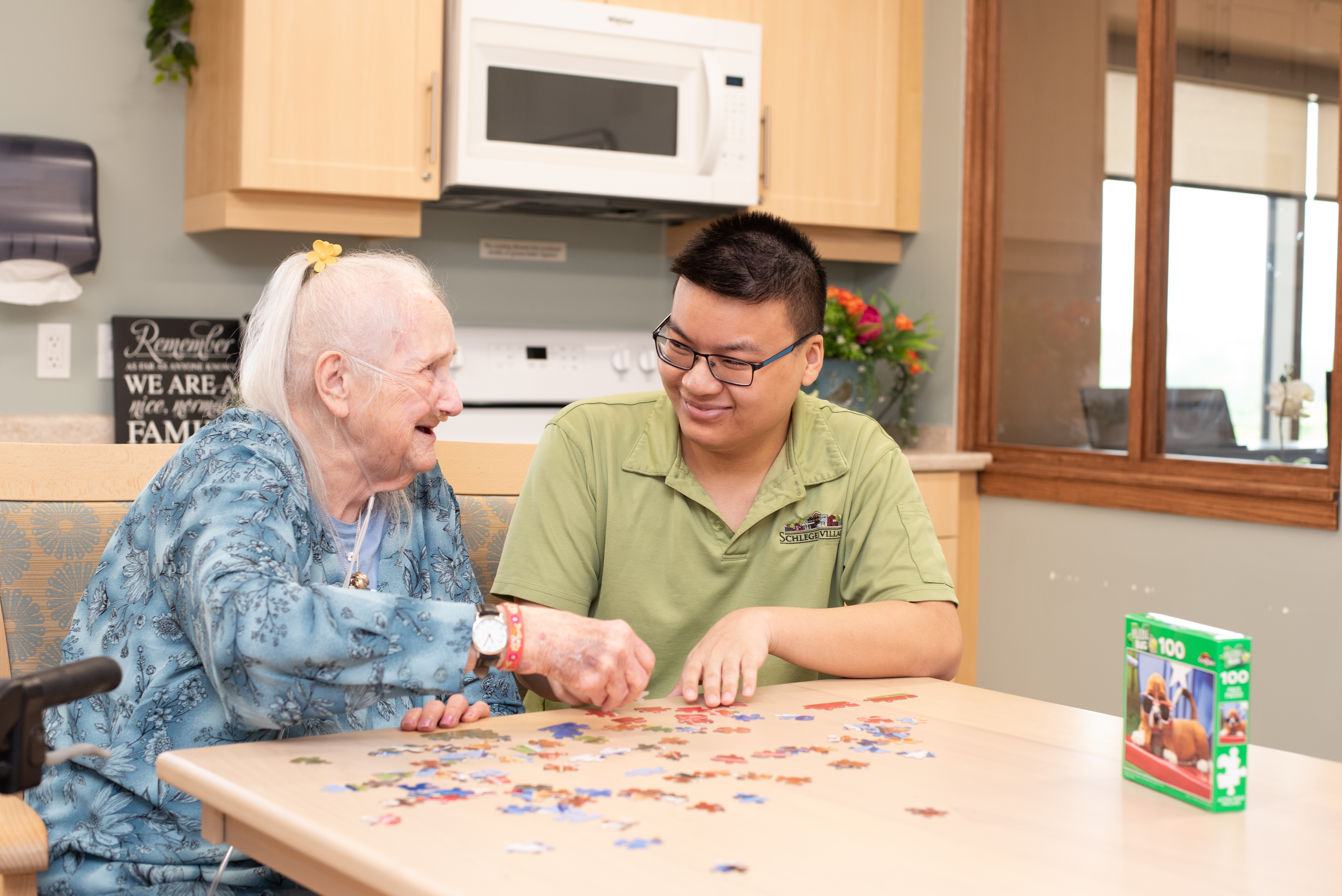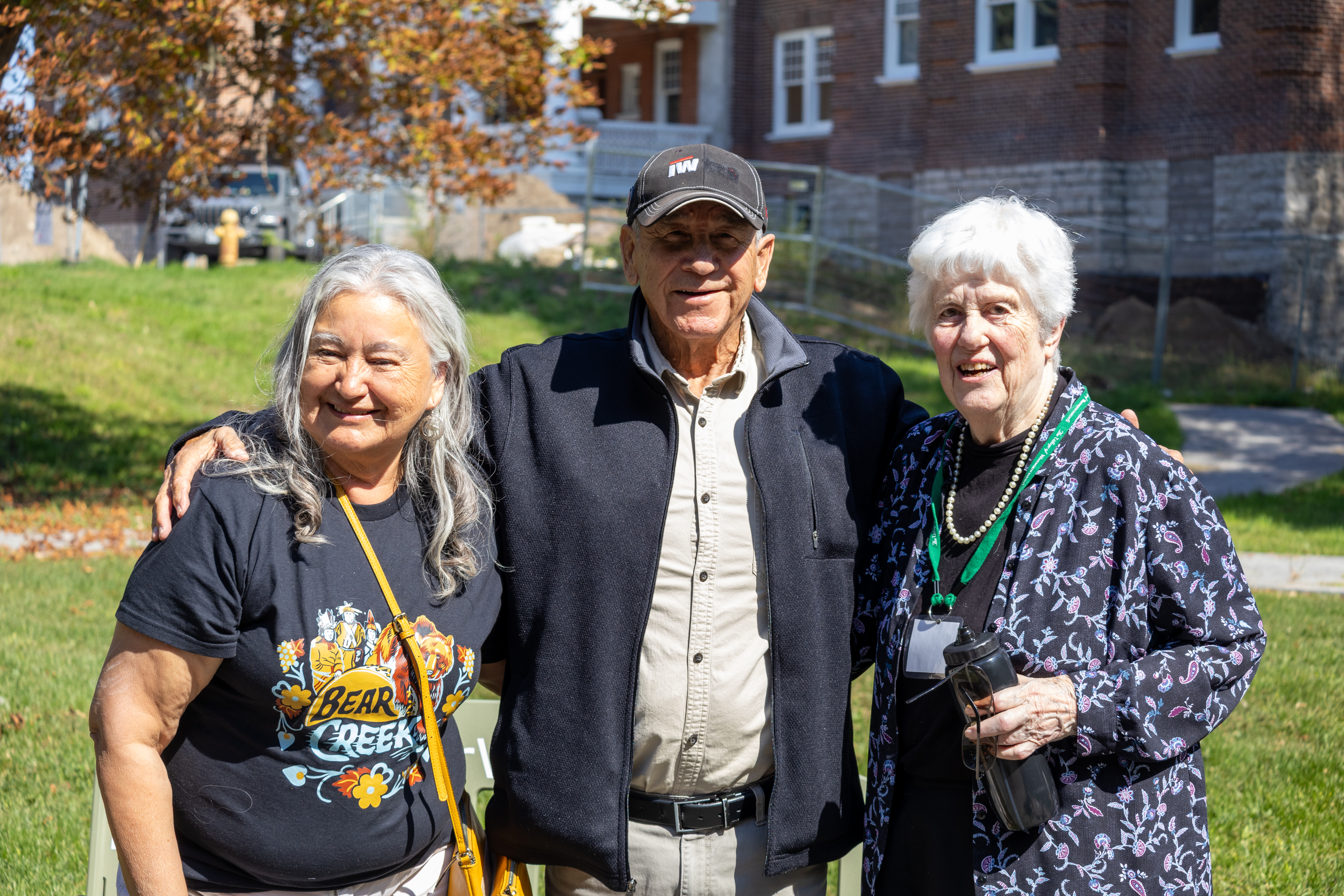Analyzing data offers opportunities for continued improvement
By Kristian Partington
One of the most important factors contributing to a high quality of life among the people who choose to call a Schlegel Village home is the level of engagement among the team members who serve them. When a team member is truly engaged in village life, their role extends well beyond mere employment. They inspire others, they put forth the extra effort to brighten a resident’s day, they take the extra time to listen a little longer and they care a little more.
This isn’t speculation; it’s fact. Schlegel Villages has been collecting data since 2011 on a wide range of questions and issues related to both team members and residents and the trends clearly show a direct correlation between rising levels of team member engagement and the rising assessments of life quality among residents.
Dr. Mark Eys is an associate professor of kinesiology/physical education and psychology at Wilfred Laurier University who has been helping Schlegel Villages collect and interpret the reams of information it collects. In October, he shared his insights with the leaders, residents and family members gathered outside Collingwood for the 2016 Operational Planning Retreat.
There are several different variables when it comes to assessing team member engagement, Mark explained. Through extensive surveys, team members are asked to reflect on whether or not their contributions to village life are valued, for example, or on the quality of their relationships to fellow team members and leaders. Each answer they provide helps colour the full picture of their engagement or lack thereof. When each survey’s results are added to the collective, engagement can be assessed across each neighbourhood within every village.
Overall, the trends have been positive since the first batch of data was assessed in 2013, Mark pointed out, rising an average of 7 points from 75/100 to a current plateau of 82/100 between 2013 and 2016.
“These are really positive numbers,” Mark assured the audience. “We’ve seen really good jumps year over year since 2013 and I feel it’s tied in with some of the activities you’re undertaking, such as Neighbourhood Team Development.
“The whole group, in terms of team member engagement, has increased and I think that’s a really positive sign,” he added. The fact that the numbers have plateaued presents an opportunity to “dig a little deeper.”
These numbers matter, Mark said, because an increase in team member engagement leads to an increase in residents’ perceptions of respect and responsiveness. Engaged team members are more likely to know the story of a resident’s life, the surveys suggest, because an engaged team member takes the time to really listen. The bonds forged between team member and resident are stronger and the activities they share together have a deeper sense of meaning.
In any life, these are the rewards of strong relationships and Schlegel Villages is committed to doing better. Each new measure of data collected in every neighbourhood provides an opportunity to target specific areas for improvement. The ultimate goal, of course, is a range of neighbourhoods in every village offering the best support and service possible to the people who make their home there.
- Previous
- View All News
- Next




































































































































































































































































































































































































































































































































































